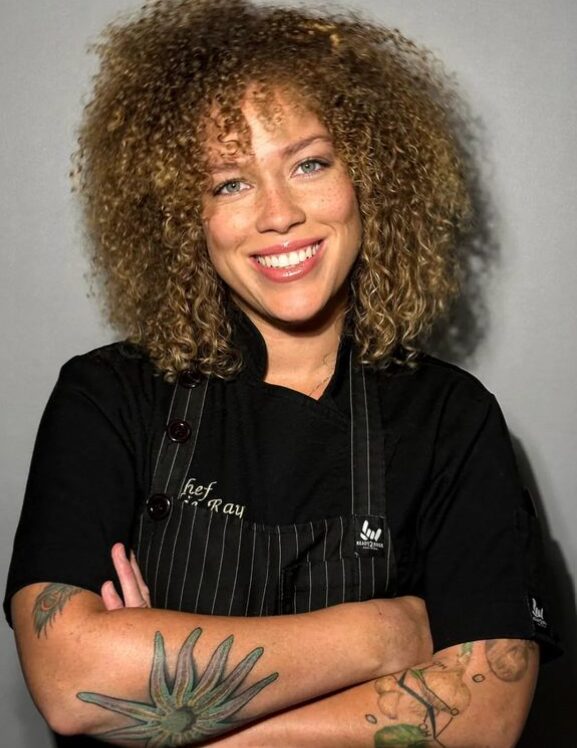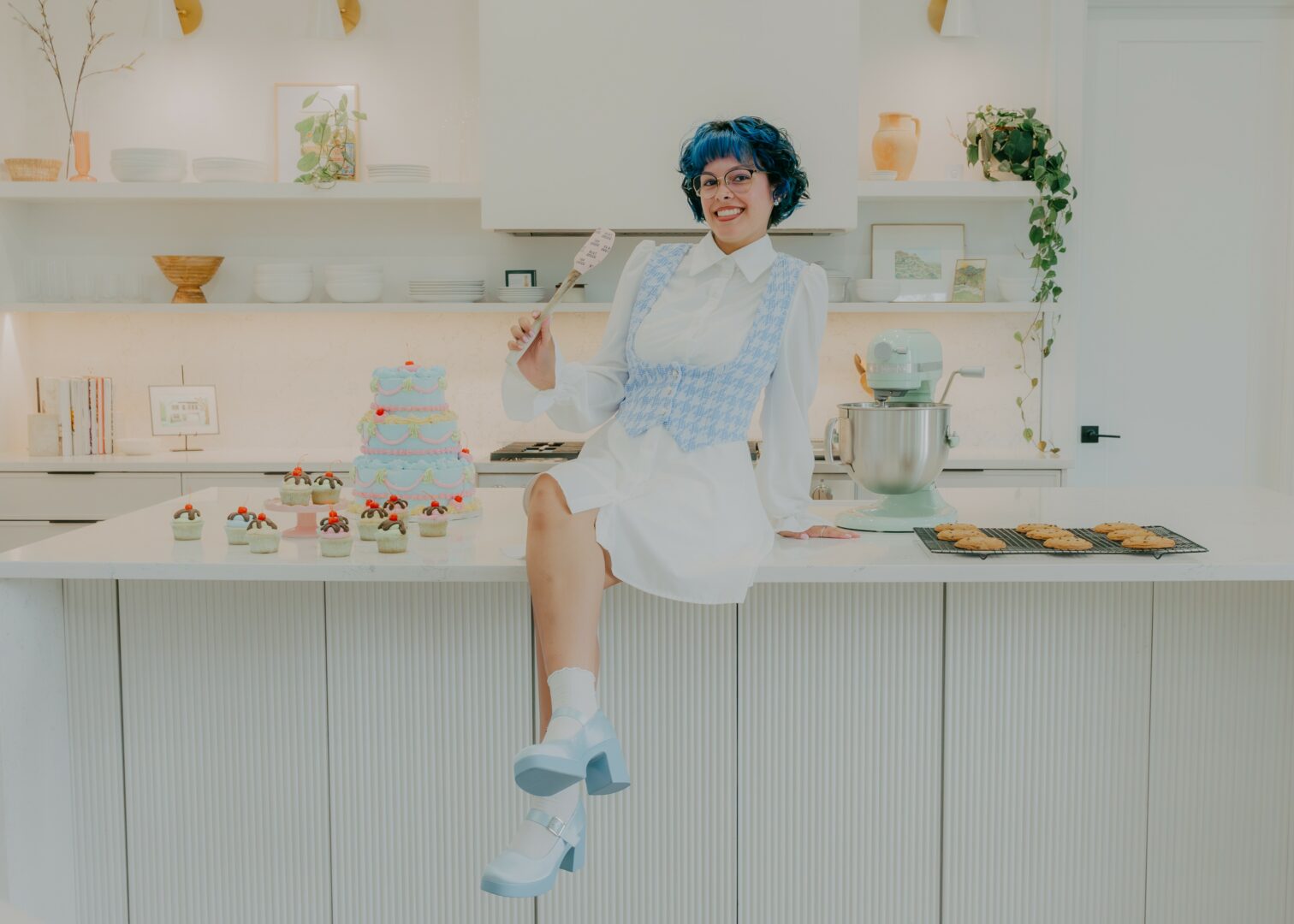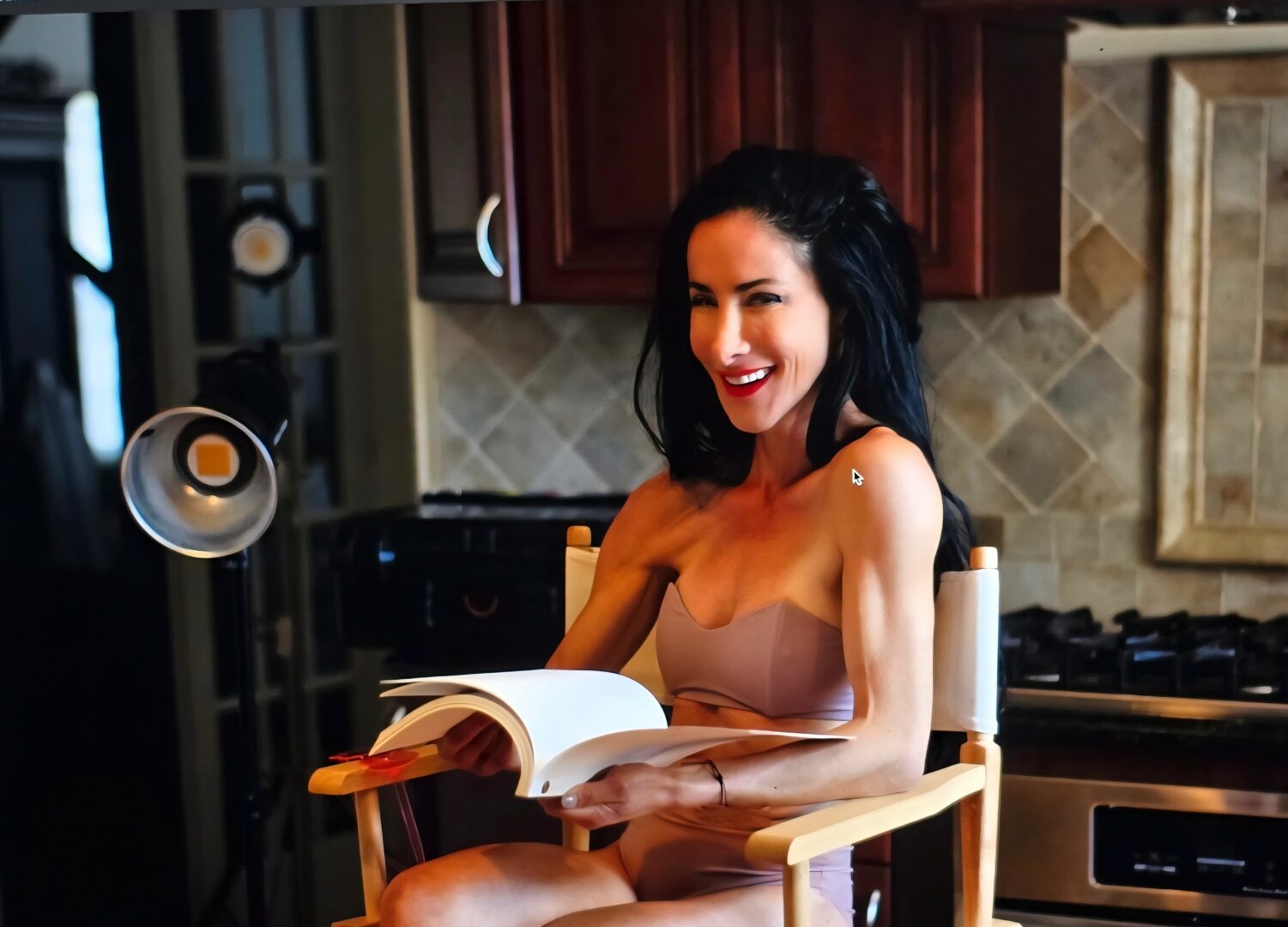We caught up with the brilliant and insightful Chef Charlie Ray a few weeks ago and have shared our conversation below.
Chef Charlie , so good to have you with us today. We’ve got so much planned, so let’s jump right into it. We live in such a diverse world, and in many ways the world is getting better and more understanding but it’s far from perfect. There are so many times where folks find themselves in rooms or situations where they are the only ones that look like them – that might mean being the only woman of color in the room or the only person who grew up in a certain environment etc. Can you talk to us about how you’ve managed to thrive even in situations where you were the only one in the room?
Growing up between cultures, never fully belonging to one, I learned early on how to navigate spaces where I was the only one who looked like me. Whether in Sweden, where my Black American heritage made me different, or in California, where my Swedish roots set me apart, I became fluent in adaptation. That fluency has been my greatest asset.
In professional spaces, particularly in sustainable food systems and culinary education, I’ve often been the only one in the room with my background and perspective. Rather than seeing that as a disadvantage, I’ve learned to turn it into a bridge. I root myself in the universality of food—how it connects people across borders, histories, and identities. My approach isn’t about assimilation; it’s about bringing the richness of multiple perspectives into the conversation.
For example, when I teach about circular food systems, I weave in indigenous foraging practices, West African preservation techniques, and Nordic sustainability models, showing that solutions don’t come from one culture alone but from a tapestry of traditions. In these moments, I transform from “the only one in the room” into a conduit for global knowledge.
The challenge of not having a single cultural anchor has, paradoxically, become my foundation. It’s made me an agile communicator, someone who listens deeply, translates between worlds, and ensures that sustainability isn’t just a technical goal but a cultural dialogue. Being the only one in the room doesn’t mean being alone—it means carrying a world of voices with me.
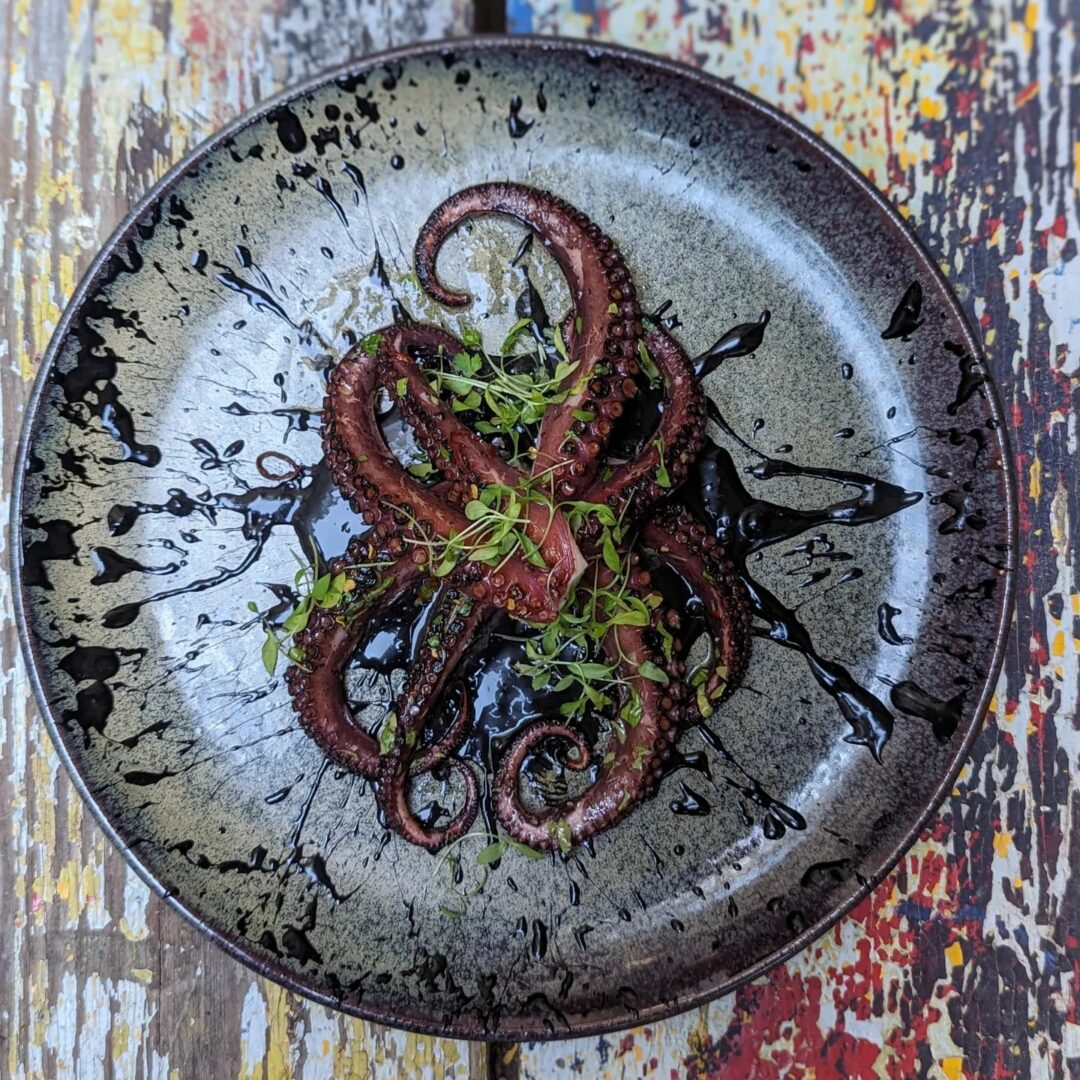
Thanks, so before we move on maybe you can share a bit more about yourself?
I am a chef, educator, and advocate for sustainable food systems, with a deep passion for exploring the cultural and ecological significance of food. My work centers on reconnecting people to the land and their communities through foraging, circular food systems, and regenerative practices. I believe that food is more than sustenance—it’s history, identity, and resistance.
Right now, I’m working on my first book, *The Culinary Rebellion*, which delves into the history of wild foraging, urban foraging laws in multiple countries, and how modern food systems have distanced us from our ancestral knowledge. The book will also feature 20 commonly foraged urban herbs and fruits, ethical foraging practices, and practical methods for washing, preserving, and cooking these ingredients. It’s a project close to my heart, blending research, storytelling, and hands-on food knowledge to inspire a new way of thinking about what we eat and where it comes from.
I’m excited to share this journey with you, and there’s so much more to come! Follow my page for updates on the book, upcoming events, and insights into the world of sustainable food systems. Whether you’re curious about foraging, looking to rethink food waste, or just love exploring new ways to connect with what’s on your plate, I’d love to have you along for the ride.
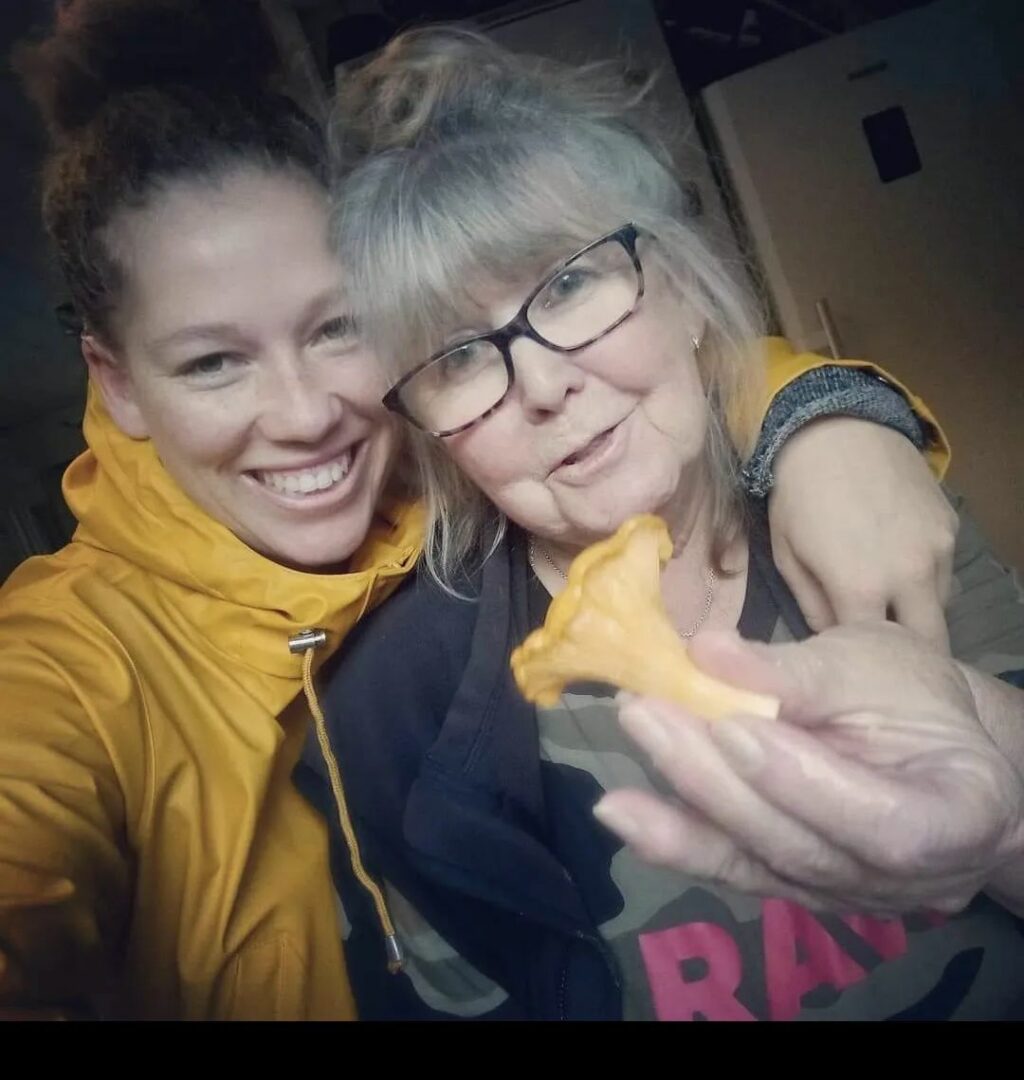
There is so much advice out there about all the different skills and qualities folks need to develop in order to succeed in today’s highly competitive environment and often it can feel overwhelming. So, if we had to break it down to just the three that matter most, which three skills or qualities would you focus on?
Looking back, three qualities have been the most impactful in shaping my journey: adaptability, deep listening, and a global perspective on food systems. These have allowed me to navigate different cultural spaces, bridge knowledge gaps, and create meaningful connections through food.
Adaptability – Growing up between cultures, I never had a singular identity to lean on. Instead, I learned to adapt—to read the room, understand different perspectives, and find ways to contribute no matter where I was. In sustainable food systems, adaptability is crucial because food, like culture, is always evolving. For those early in their journey, I’d say: stay curious and flexible. Be open to learning from unexpected sources, whether it’s an indigenous farmer, a street vendor, or an academic researcher. Every perspective adds to your understanding.
Deep Listening – Teaching about sustainability and food systems isn’t just about sharing knowledge—it’s about listening. I’ve learned that true change happens when we understand the histories, needs, and lived experiences of those we work with. Whether foraging with community elders or discussing food justice with activists, I’ve found that deep listening creates trust and leads to more impactful work. My advice? Don’t just listen to respond—listen to understand. The best lessons come from paying attention to what isn’t being said as much as what is.
A Global Perspective – Because I’ve never felt rooted in one culture, I’ve naturally sought wisdom from many. Studying how different cultures approach food sustainability—from Nordic preservation techniques to West African fermentation—has shown me that solutions exist everywhere. If you’re starting out, immerse yourself in different food traditions. Read, travel, cook outside your comfort zone, and learn how different communities nourish themselves. Expanding your perspective will not only make you a better professional but also a more thoughtful and engaged human being.
For those early in their journey, my advice is this: **Travel and talk to everyone. Say yes to new experiences more often than not. Find your deep knowing in the world and develop your moral compass, even if it’s pointing to the unknown. Listen to your body, listen to the earth, and find your place in it.** The path may not always be clear, but trust that it will reveal itself in time. The most powerful work comes from those who dare to exist in the in-between.
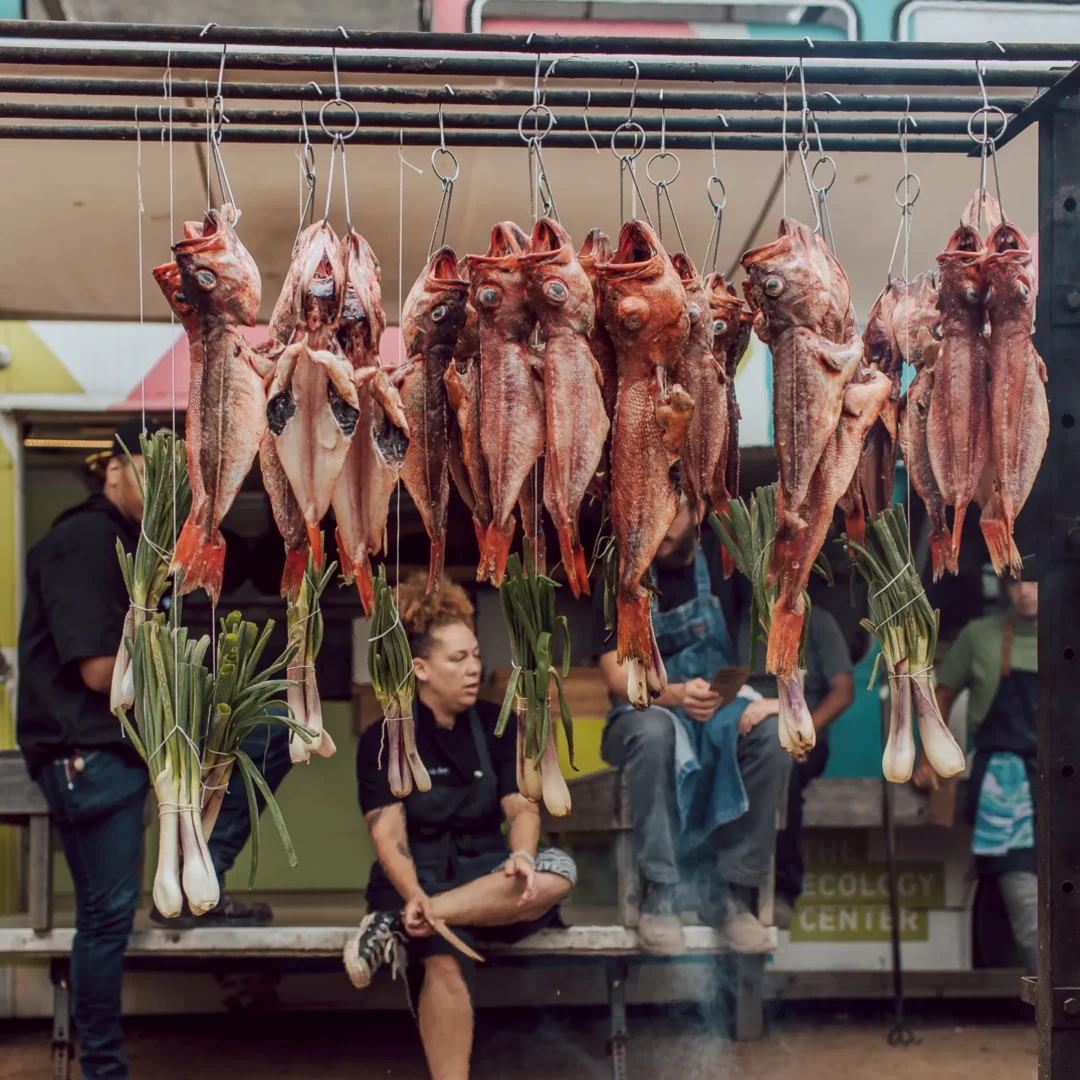
Awesome, really appreciate you opening up with us today and before we close maybe you can share a book recommendation with us. Has there been a book that’s been impactful in your growth and development?
One book that has played a profound role in my development is *The Four Agreements* by Don Miguel Ruiz. Its wisdom has shaped how I move through the world, both personally and professionally.
Impactful lessons for me:
1. Be Impeccable with Your Word – As someone who teaches and speaks on sustainable food systems, I take this to heart. Words carry energy, and being intentional with how I communicate—whether in a classroom, a foraging workshop, or writing my book—ensures that my message is clear, respectful, and impactful.
2. Don’t Take Anything Personally – Navigating spaces where my perspective challenges the dominant narrative, has made this lesson invaluable. People’s reactions are often a reflection of their own experiences, not a judgment of my worth or knowledge.
3. Don’t Make Assumptions – Whether it’s learning from a different food tradition or engaging in conversations about sustainability, I’ve learned the importance of asking questions instead of assuming I know the answer. Everyone has a story, and every culture has wisdom to share.
4. Always Do Your Best – This one resonates deeply, especially in work that is rooted in advocacy and education. Some days, my best looks like writing for hours, and other days, it’s simply taking a step back to recharge. Understanding that “my best” is fluid has allowed me to sustain my passion without burnout.
This book has been a guidepost, reminding me to approach life with clarity, resilience, and a deep sense of purpose.
Contact Info:
- Website: https://www.chefcharlieray.com/
- Instagram: https://www.instagram.com/chefcharlieray/
- Facebook: https://www.facebook.com/chefcharlieray
- Linkedin: https://www.linkedin.com/in/chefcharlieray/
- Youtube: https://www.youtube.com/@Chef-CharlieRay
- Yelp: https://www.yelp.com/biz/chef-charlie-ray-long-beach
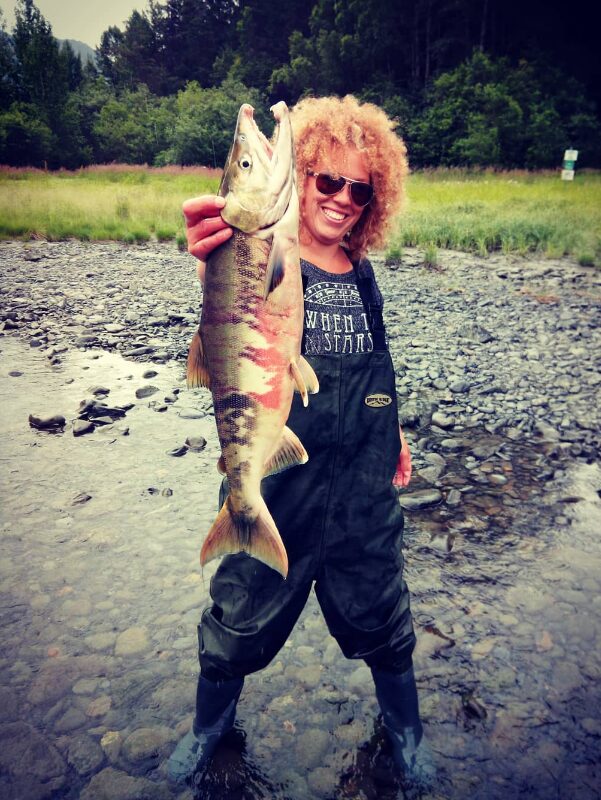
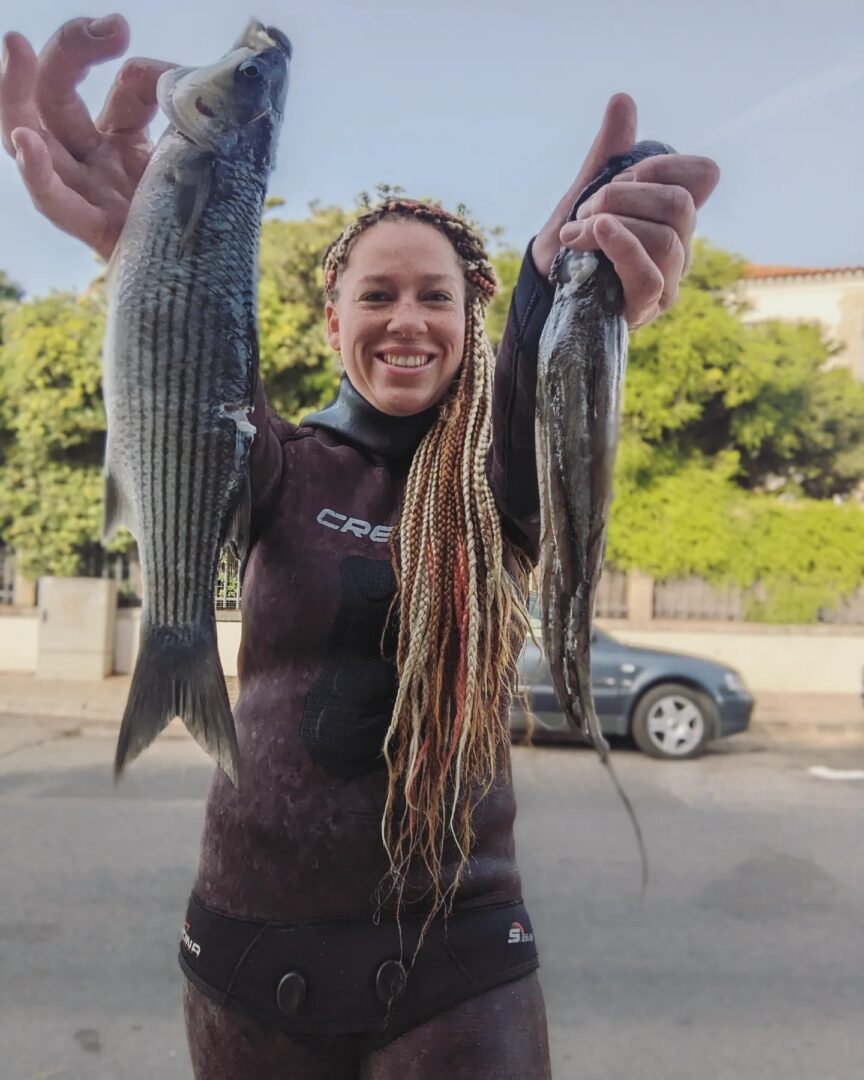
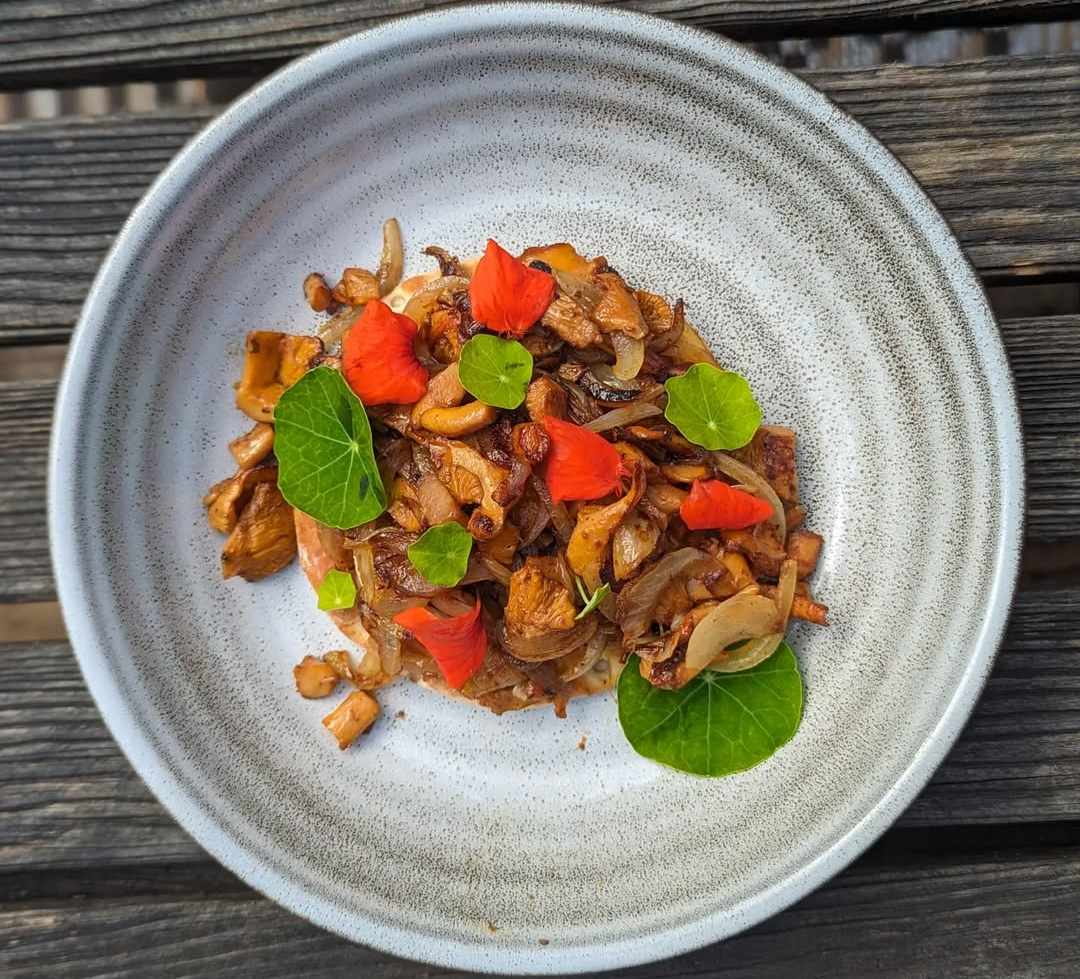
so if you or someone you know deserves recognition please let us know here.

